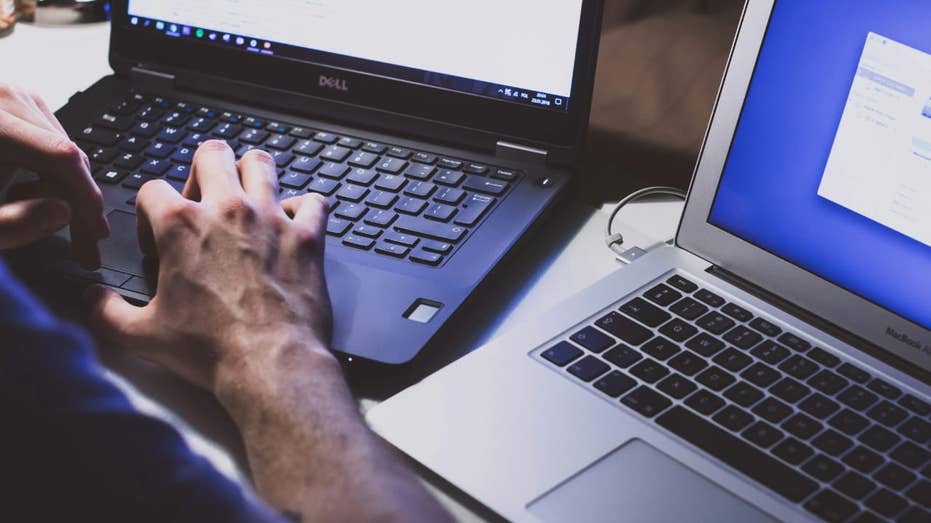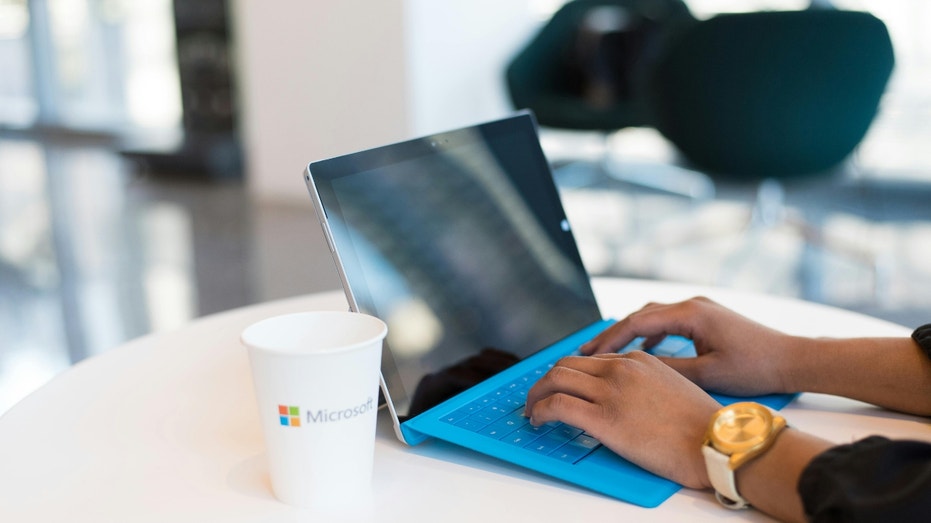19 Billion Passwords Leaked: How to Secure Your Digital Life

Sarah Johnson
May 24, 2025
Brief
19 billion passwords leaked online reveal weak security habits. Protect yourself with 2FA, password managers, and updated software.
In a digital age where our lives are tethered to countless online accounts, the news of 19 billion passwords leaking online between April 2024 and April 2025 is a wake-up call louder than a foghorn at a silent retreat. This massive data dump, uncovered by cybersecurity researchers, isn’t just a statistic—it’s a glaring spotlight on our collective bad habits. A staggering 94% of these passwords were either reused or as predictable as a rom-com ending. Think "123456" topping the charts with over 338 million appearances, followed by gems like "Password" and "admin". Folks, if your password is your dog’s name or your favorite pizza topping, it’s time to rethink your life choices.
The leaks, spanning nearly 200 breaches, included everything from combolists to stolen databases, totaling over 3 terabytes of compromised data. Only 6% of these passwords were unique, meaning most of us are recycling passwords like they’re plastic bottles—except there’s no reward for this kind of recycling. Names like "Ana" (179 million times!) and pop culture references like "Mario" or "Rome" are security liabilities, not clever tributes. Cybercriminals don’t even need to guess anymore; their automated tools churn through these lists, breaching accounts at a 2% success rate—enough to compromise thousands of emails, bank accounts, and cloud tools daily.
Here’s the kicker: we’re not helpless. Enabling two-factor authentication (2FA) is like locking your front door and adding a deadbolt. Using a password manager to generate and store complex passwords is like hiring a bouncer for your digital life. Keeping software updated patches the holes cybercriminals love to exploit, and a personal data removal service can scrub your info from the web’s shadier corners. Yes, passwords are as outdated as flip phones, but we’re not stuck in the Stone Age. A little effort—say, swapping "pizza123" for a 16-character jumble—can make a world of difference.
The good news? We’re getting slightly better. In 2022, only 1% of passwords mixed uppercase, lowercase, numbers, and symbols; now, it’s 19%, thanks to stricter platform rules. But let’s not pat ourselves on the back too hard—there’s work to do. Your accounts deserve better than being low-hanging fruit for hackers. So, go on, update those passwords, enable 2FA, and maybe don’t name your next one after your favorite city.
Topics
Editor's Comments
With 19 billion passwords floating around like confetti at a hacker’s party, it’s clear we’re our own worst enemies. Using ‘123456’ as a password is like leaving your house key under the doormat and posting a sign that says, ‘Rob me!’ Let’s be real: if your password is ‘pizza,’ the only thing you’re protecting is your love for pepperoni.
Like this article? Share it with your friends!
If you find this article interesting, feel free to share it with your friends!
Thank you for your support! Sharing is the greatest encouragement for us.



